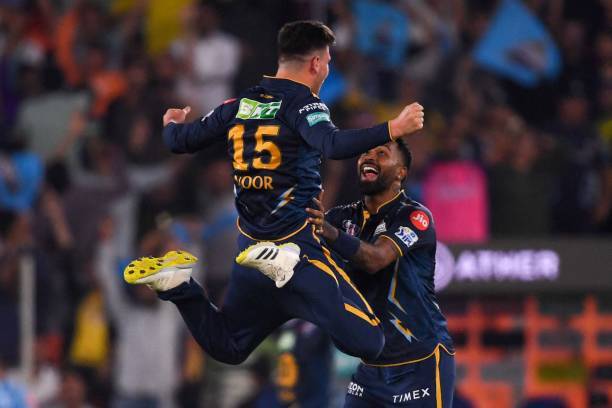The Role of Captains in IPL Teams: Leadership Styles and Strategies
Gold365, Diamondexch9: In the high-octane environment of the Indian Premier League (IPL), leadership styles vary across teams, reflecting the diverse personalities of the captains at the helm. Some captains adopt a democratic approach, involving team members in decision-making processes and fostering a sense of collaboration. This style often empowers players and promotes a cohesive team dynamic on and off the field.
On the other hand, some IPL captains are known for their authoritative leadership style, where they make decisions independently and expect strict adherence to their strategies. This approach can instill discipline and focus within the team, with players looking to their captain for clear direction and guidance. Both leadership styles have proven successful in the IPL, demonstrating the importance of effective leadership in driving team performance and success in the fast-paced world of T20 cricket.
– Democratic leadership style:
• Involves team members in decision-making processes
• Fosters collaboration and empowerment among players
• Promotes a cohesive team dynamic on and off the field
– Authoritative leadership style:
• Captains make decisions independently
• Expect strict adherence to their strategies from team members
• Instills discipline and focus within the team
Both leadership styles have their own strengths and have been effective in different IPL teams. The key is for captains to adapt their leadership approach based on the dynamics of their team and the situation at hand. Effective communication, strategic thinking, and emotional intelligence are essential qualities for leaders looking to excel in the competitive environment of T20 cricket. As IPL continues to evolve, so too will the leadership styles employed by captains as they strive to lead their teams to victory.
Understanding the Responsibilities of IPL Captains
IPL captains shoulder immense responsibilities both on and off the field. Their leadership sets the tone for the entire team, influencing strategies, morale, and ultimately, the team’s performance. Captains are not just players; they are decision-makers, motivators, and communicators, tasked with guiding their team towards success.
One of the primary responsibilities of an IPL captain is to make crucial decisions under pressure during matches. From field placements to bowling changes, every move made by the captain can impact the game’s outcome. Additionally, captains play a crucial role in building team camaraderie and unity, fostering a sense of belonging and teamwork among diverse players representing different cultures and backgrounds.
Key Attributes of Successful IPL Captains
Successful IPL captains possess a combination of strategic thinking, adaptability, and strong communication skills. They are able to analyze match situations quickly and make decisions that benefit their team. These captains are not afraid to take risks and think outside the box to outsmart their opponents on the field.
In addition, successful IPL captains lead by example both on and off the field. They are highly disciplined, hardworking, and inspire their teammates to give their best performance. These captains also maintain a positive attitude and motivate their team during challenging times, fostering a sense of unity and camaraderie among the players.
What leadership styles are commonly seen in IPL teams?
Leadership styles in IPL teams can vary, but some common styles include authoritative, democratic, and transformational leadership.
What are the responsibilities of IPL captains?
IPL captains have several responsibilities, including strategizing during matches, making crucial decisions on the field, motivating and inspiring their team members, and communicating effectively with coaches and management.
What are some key attributes of successful IPL captains?
Some key attributes of successful IPL captains include strong communication skills, the ability to remain calm under pressure, excellent decision-making abilities, good strategic thinking, and the capability to lead by example on and off the field.







